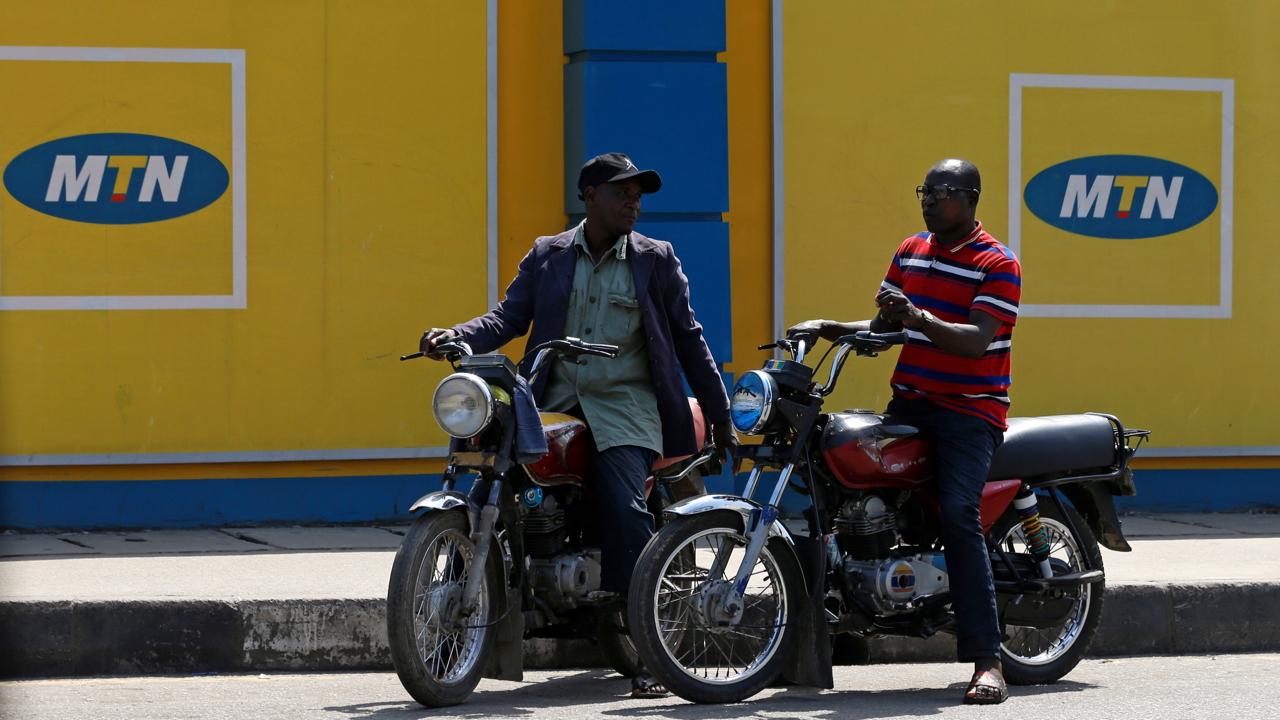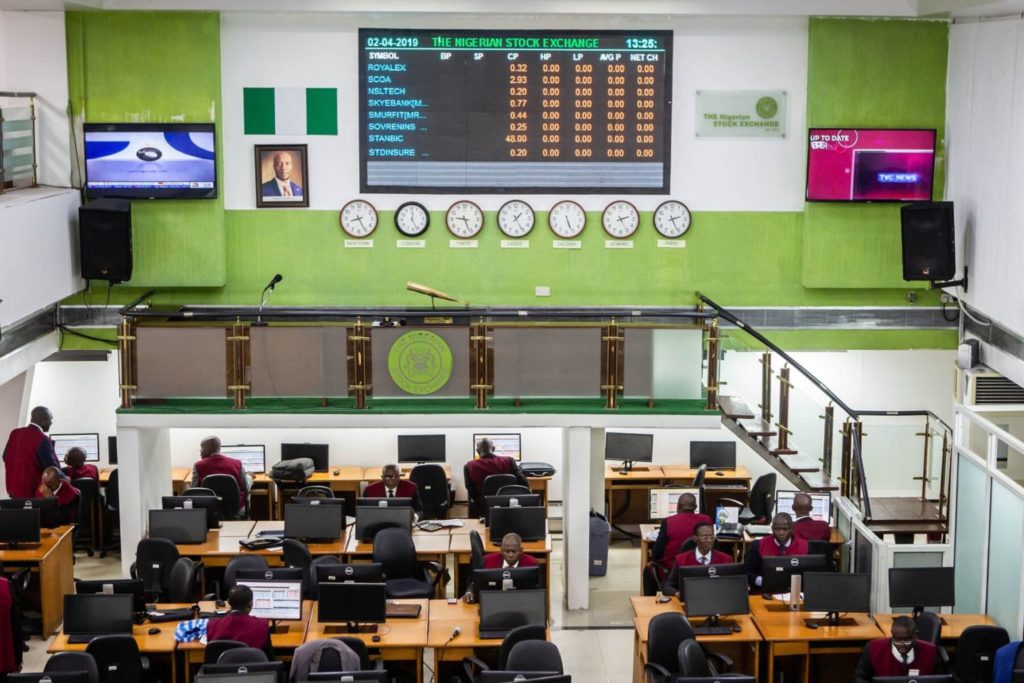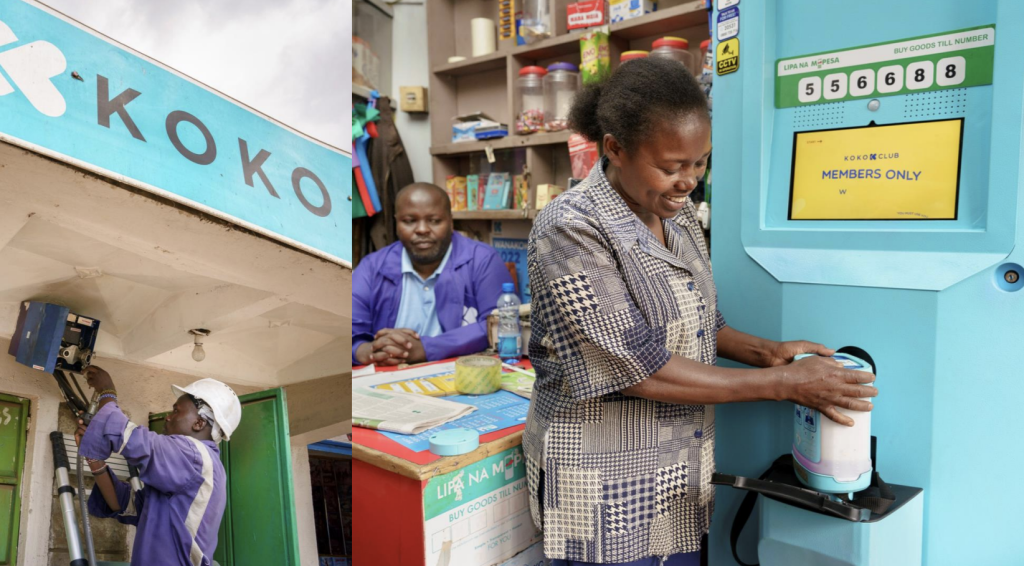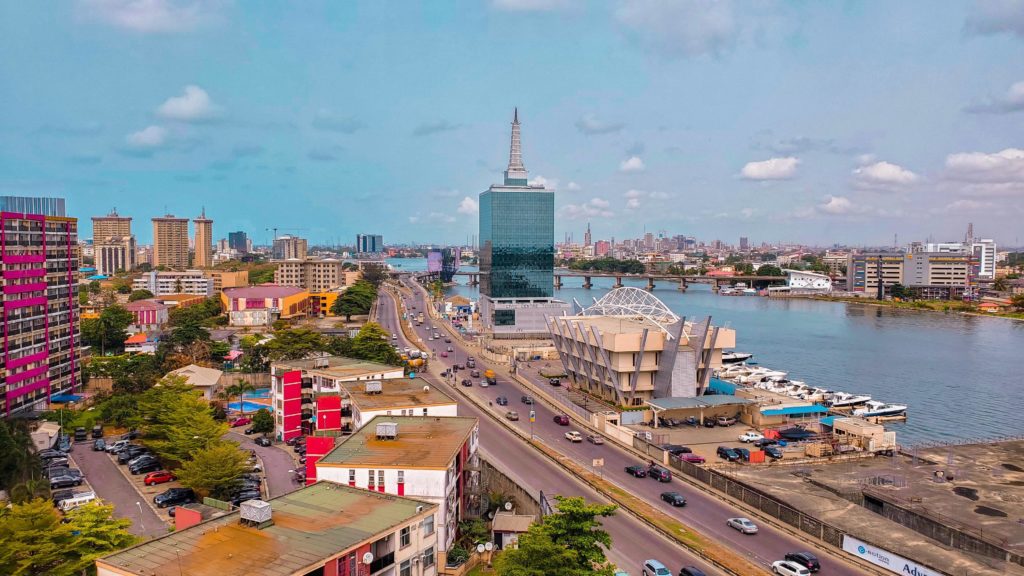Parallel Wireless, an eight-year-old company, has developed a new way to help African telecom companies reduce the cost of developing broadband infrastructure.
The telecom industry is a capital intensive one. Beyond licencing fees, operators spend billions of dollars each year developing their infrastructure to handle the increasing voice and data traffic. Infrastructure costs continue to rise with each broadband iteration.
2G, 3G, 4G and 5G all require new equipment, spectrums, vendor specifications and configurations that make newer Gs more expensive than the previous ones. One reason is that the number of network equipment providers has declined significantly over the years.
“The global supply of telecom network equipment has become concentrated in a small handful of companies over the past few years,” UK telco Vodafone wrote in 2019. The market has been cornered by few vendors including Huawei, ZTE, Ericsson and Nokia.
By opening up the vendor market, more suppliers can operate and help telcos drive down equipment costs. Over the last few years, an industry group, the Telecom Infra Project (TIP), developed an open radio area network (OpenRAN) to support more vendors.
OpenRAN standardises the design of hardware and software used in masts, antennae and other telecom infrastructure. It allows telcos to use general-purpose equipment from any company rather than a small number of vendors and their closed systems. In turn, network development becomes cheaper.
In Africa, Parallel Wireless, a US-based company, is leading the push for OpenRAN adoption. The company provides a software architecture that allows telcos to deploy equipment from any vendor. The new standard is helping a number of telcos develop more broadband capabilities at a reduced cost.
“This software-enabled OpenRAN network architecture enables a ‘white box’ RAN hardware, [which means equipment] can be assembled from any vendor and managed by OpenRAN software to form a truly interoperable and open network,” Parallel Wireless told TechCabal.
Created in 2012, Parallel Wireless was founded by Steve Papa after he sold his last company to Oracle for over $1 billion. Over the last eight years, the company has gotten the support of telcos like MTN, Etisalat, and Vodafone.
Nigeria-based startup investor, EchoVC is backing Parallel Wireless and made its first investment in 2018.
“Before our investment, we had evaluated several players in this space and realised that many of those touting OpenRAN solutions are focused on 4G and 5G technology,” Olutosin Oni, Principal at EchoVC, explained to TechCabal.
“Parallel Wireless is unique,” he said, “it provides a cost-effective OpenRAN solution for any-G.” With a single technology, the company can support all network broadbands including 2G, 3G, 4G and 5G. This reduces cost for telcos.
Meanwhile cost-effective infrastructure development is a major concern for African telcos.
On the continent, over 400 million are not connected to broadband, while more than 50% of mobile subscribers are still using the slower 2G connection.
Telcos face a dilemma. The world is witnessing a technological revolution and a gradual shift to 5G. African telcos would also like to make the transition. But with millions of people still unconnected to mobile telephony, telcos have been struggling with a number of moral and business questions.
Should they first focus on expanding their existing 2G and 3G network infrastructure to unconnected places while ignoring broadband revolutions from like 5G and 4G? Or do they double down on expensive 4G and 5G broadband while ignoring hundreds of millions of customers?
With rising capital expenditure, telcos have to prioritise their spending. OpenRAN offers a chance to do this.
Parallel Wireless is helping telcos optimise their spending by developing 2G and 3G infrastructure that can easily be ported to 4G and 5G when upgrades are necessary.
“Network operators are more willing to connect the unreachable and rural areas in Africa, where there is zero internet access,” Oni explained.
This appeals to telcos looking to escape lock-in contracts with giant vendors like Huawei and Ericsson.
MTN Group, Africa’s biggest telecom conglomerate, first deployed OpenRAN in 2018 during trials in Zambia. Commercial deployment started in 2019. In November 2019, it announced it will deploy OpenRAN to more than 5,000 sites across 21 markets.
In October 2019, Vodafone started testing the new standard in African markets like Democratic Republic of Congo (DRC), Mozambique, and South Africa.
MTN and Vodafone both selected Parallel Wireless as their equipment vendor.
In Ghana, the Ghana Investment Fund for Electronic Communications (GIFEC) announced it will deploy OpenRAN to provide network access to more than 1,000 unconnected communities. In April, it selected Parallel Wireless to lead this effort.
With more African companies increasingly looking to develop 4G infrastructure while reaching unconnected locations, the adoption of OpenRAN may continue.















